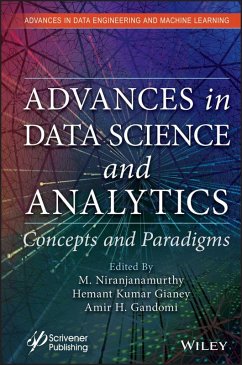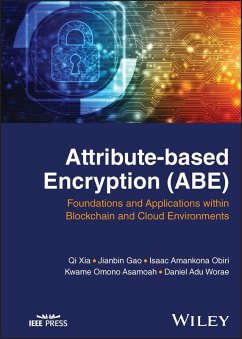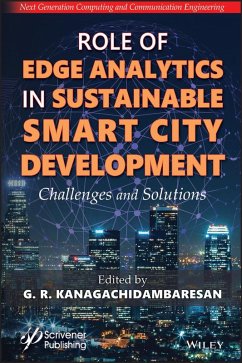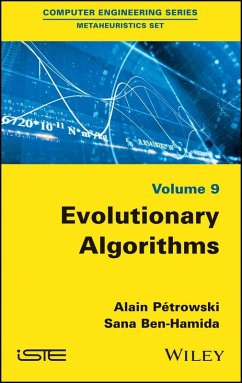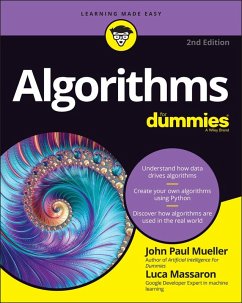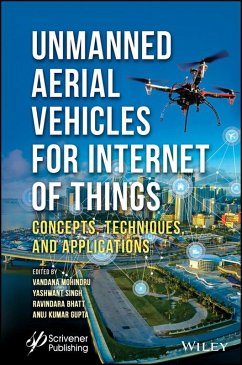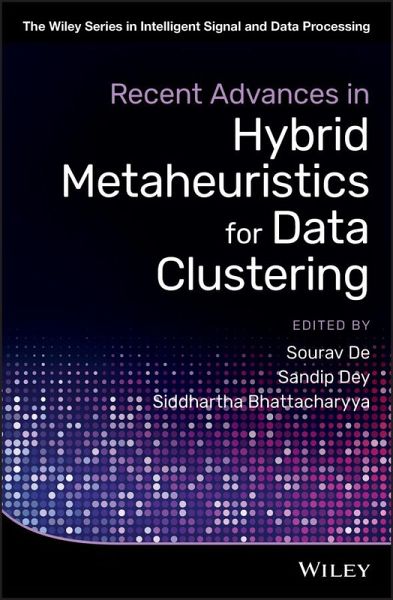
Recent Advances in Hybrid Metaheuristics for Data Clustering (eBook, ePUB)
Versandkostenfrei!
Sofort per Download lieferbar
114,99 €
inkl. MwSt.
Weitere Ausgaben:

PAYBACK Punkte
0 °P sammeln!
An authoritative guide to an in-depth analysis of various state-of-the-art data clustering approaches using a range of computational intelligence techniques Recent Advances in Hybrid Metaheuristics for Data Clustering offers a guide to the fundamentals of various metaheuristics and their application to data clustering. Metaheuristics are designed to tackle complex clustering problems where classical clustering algorithms have failed to be either effective or efficient. The authors--noted experts on the topic--provide a text that can aid in the design and development of hybrid metaheuristics to...
An authoritative guide to an in-depth analysis of various state-of-the-art data clustering approaches using a range of computational intelligence techniques Recent Advances in Hybrid Metaheuristics for Data Clustering offers a guide to the fundamentals of various metaheuristics and their application to data clustering. Metaheuristics are designed to tackle complex clustering problems where classical clustering algorithms have failed to be either effective or efficient. The authors--noted experts on the topic--provide a text that can aid in the design and development of hybrid metaheuristics to be applied to data clustering. The book includes performance analysis of the hybrid metaheuristics in relationship to their conventional counterparts. In addition to providing a review of data clustering, the authors include in-depth analysis of different optimization algorithms. The text offers a step-by-step guide in the build-up of hybrid metaheuristics and to enhance comprehension. In addition, the book contains a range of real-life case studies and their applications. This important text: * Includes performance analysis of the hybrid metaheuristics as related to their conventional counterparts * Offers an in-depth analysis of a range of optimization algorithms * Highlights a review of data clustering * Contains a detailed overview of different standard metaheuristics in current use * Presents a step-by-step guide to the build-up of hybrid metaheuristics * Offers real-life case studies and applications Written for researchers, students and academics in computer science, mathematics, and engineering, Recent Advances in Hybrid Metaheuristics for Data Clustering provides a text that explores the current data clustering approaches using a range of computational intelligence techniques.
Dieser Download kann aus rechtlichen Gründen nur mit Rechnungsadresse in A, B, BG, CY, CZ, D, DK, EW, E, FIN, F, GR, HR, H, IRL, I, LT, L, LR, M, NL, PL, P, R, S, SLO, SK ausgeliefert werden.





